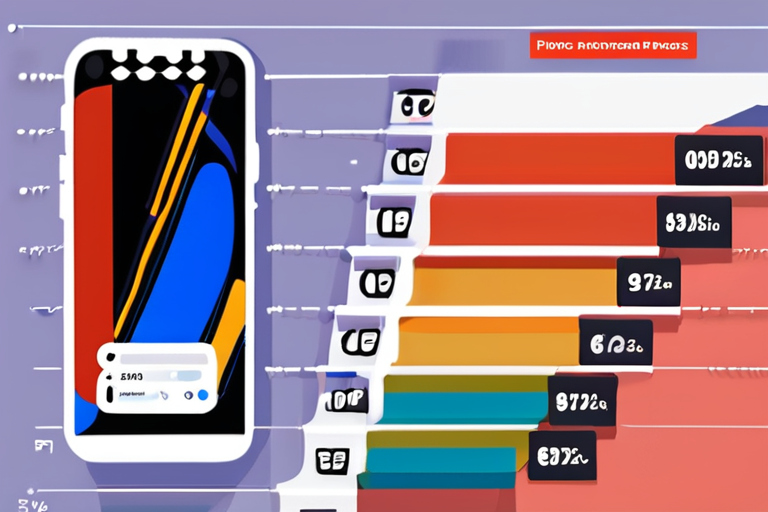

Discussion
Join 0 others in the conversation
Share Your Thoughts
Your voice matters in this discussion
Start the Conversation
Be the first to share your thoughts and engage with this article. Your perspective matters!
More Stories
Discover articles from our community

iPhone 17 Pro Max vs. Google Pixel 10 Pro XL: Expert Analysis Reveals Surprising Top Performer
 Hoppi
Hoppi

Oktoberfest 2025: Record-Breaking Attendance and Consumption Mark Festival's Close
 Hoppi
Hoppi

Fantasy Football Stock Report: 5 Players on the Rise and Fall in Week 4
 Hoppi
Hoppi

Lenovo Revolutionizes Gaming Handhelds with Ergonomic Legion Go 2
 Hoppi
Hoppi

Corrected Insight: TCF1 and LEF1's Surprising Role in B-1a Cell Balance
 Hoppi
Hoppi

Bollywood Powerhouses Unite: Groundbreaking Model for Independent Cinema Launched
 Hoppi
Hoppi

iPhone 17 Pro Max vs. Google Pixel 10 Pro XL: Expert Analysis Reveals Surprising Top Performer
iPhone 17 Pro Max vs. Google Pixel 10 Pro XL: A Comparative Analysis Reveals the Winner In a recent comparison …

Hoppi

Oktoberfest 2025: Record-Breaking Attendance and Consumption Mark Festival's Close
Oktoberfest Closes After Two 'Roller-Coaster' Weeks Munich, Germany - The 190th Oktoberfest beer festival came to a close on Sunday …

Hoppi

Fantasy Football Stock Report: 5 Players on the Rise and Fall in Week 4
Fantasy Football Stock Report Week 4: 5 Risers And Fallers As the fantasy football season enters its fourth week, investors …

Hoppi

Lenovo Revolutionizes Gaming Handhelds with Ergonomic Legion Go 2
Lenovo Unveils Legion Go 2 Handheld with Ergonomic Design At the IFA 2025 tech trade show in Berlin, Lenovo announced …

Hoppi

Corrected Insight: TCF1 and LEF1's Surprising Role in B-1a Cell Balance
Correcting the Record: TCF1 and LEF1's Role in B-1a Cell Homeostasis A recent correction to a Nature article has shed …

Hoppi

Bollywood Powerhouses Unite: Groundbreaking Model for Independent Cinema Launched
Theatre Revival: How Two Indian Powerhouses Are Revolutionizing Independent Cinema In a bold move to shake up the Bollywood landscape, …

Hoppi
